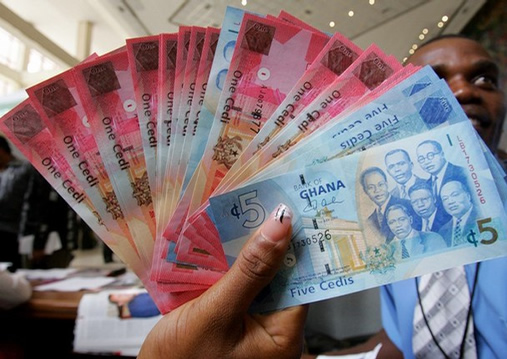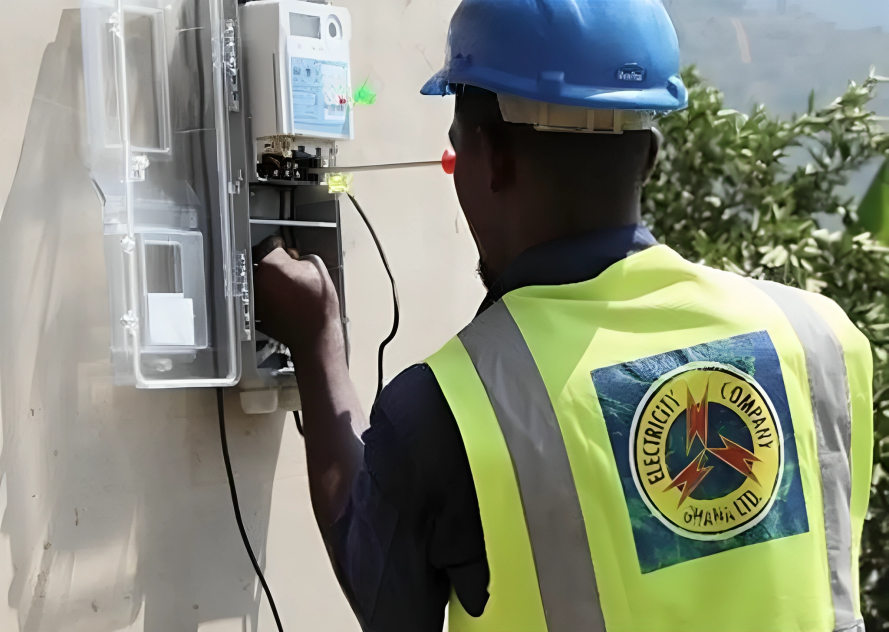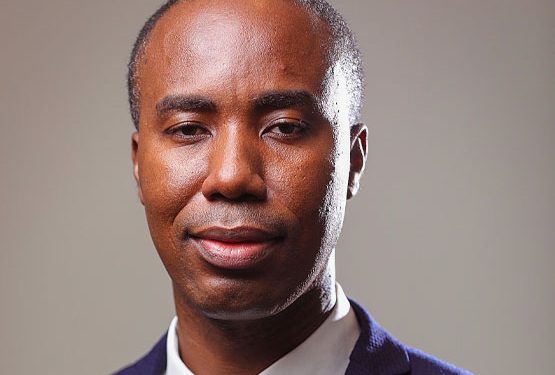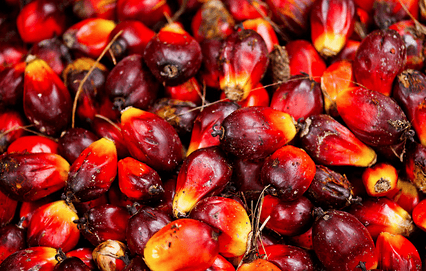
The appreciation of the local currency – the Cedi – against the United States dollars in recent days has been welcomed by industry players. In fact, the Ghana Union of Traders Association (GUTA) are not only elated over the development, but has actually asked their members to reduce prices of their products.
Available data indicates that the cedi strengthened from GH¢15.53 to the current 12.3 between March 12 and May 13, 2025 while the selling rate improved from GH¢15.55 to GH¢12.4 – as announced by some of the banks yesterday.
Though some experts are attributing the development to global depreciating of the US dollar as a result of the trade war Donald Trump has waged against some of the major economies in the world, the government has shot down the claim. To the Mahama government, the Cedi is appreciating because of the prudent financial measures they have put in place.
Some of these measures, according to government spokespersons, are the cutting down of borrowing and the setting up of the Ghana Gold Board (GoldBod) to oversee the purchase of gold from the local market. The policy has resulted in the export of over $2.5 billion worth of gold, which revenue has been pumped back into the economy. This, according to government officials, is unprecedented and has helped to strengthen the cedi against the US dollar.
Hitherto, foreign nationals were buying the gold and smuggling them out of the country and thus denying the country the needed forex to transact international business. If this argument being advanced by the government is the whole truth and nothing but the truth, as the lawyers will say, then The Chronicle commends the finance minister and his team for doing good job for the country.
As we put this piece together, prices of petroleum products, which are the main driver of the national economy are coming down. The Chronicle expects the various transport unions to respond positively to the latest development and reduce lorry fares, as GUTA has asked its members to also do to concerning goods they are selling. This is how the ordinary man on the street will also benefit from the sound policy being implemented by the government.
But whilst commending the government for the feat, The Chronicle is at the same time cautioning her to strengthen its supervisory roles to ensure that some of the banks do not get the chance to sabotage the gains being made. There have been several allegations in the past that some of the banks, after collecting the dollars from the central bank, will sell it over and above the approved rates to middle men at the expense of the genuine Ghanaian businesses.
After creating this artificial shortage, stakeholders looking for the dollar for genuine businesses will be compelled to approach these middle men who are mostly non-Ghanaians and buy the US green bucks at cut throats prices. The end result of this black market trading of the dollar is the depreciation of the local currency.
The Chronicle is, therefore, advising the government to police every dollar she will give to the local banks. Apart from insisting on the price that had already been determined by the market forces, these banks must also be made to provide details of the persons they sold the dollars to and for what purpose.
Where possible, the banks should facilitate payment of goods being imported into the country by the Ghanaian importers instead of handing over the dollars to them. This means the banks paying for the value of the goods being shipped into the country directly to the foreign entities they (importers) are buying the goods from.
We are making these suggestions because we fear some of these foreigners dealing in the sale of the dollars on the black market will buy them from the banks and send them back to their home countries through fair or foul means. The end result of this will be the shortage of the dollar on the local market and we, as country, will be back to square one.
As at the time we were piecing this piece together, a report on the website of Nairametrics indicates that the Nigerian naira depreciated further against the US dollar at the official foreign exchange market, closing at N1,609/$1 on Tuesday, May 6, 2025.
This, according to the website, represents a N4 decline from the previous day’s closing rate of N1,605/$1, based on figures published by the Central Bank of Nigeria (CBN). The continued slide in the exchange rate, the website continues, reflects sustained pressure on the country’s external reserves and a widening demand-supply gap in the foreign exchange market.
This is our big brother – Nigeria – and we do not know what is going on in the Francophone countries. This is why we need to sustain the gains we are making here in Ghana by tightening the circulation of the dollar so that our neighbours will not flock into the country and buy them in droves. We hope the policy makers are listening to us.
The post Editorial: Appreciation Of The Cedi – Kudos To The Government But … appeared first on The Ghanaian Chronicle.
Read Full Story















Facebook
Twitter
Pinterest
Instagram
Google+
YouTube
LinkedIn
RSS